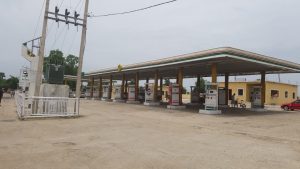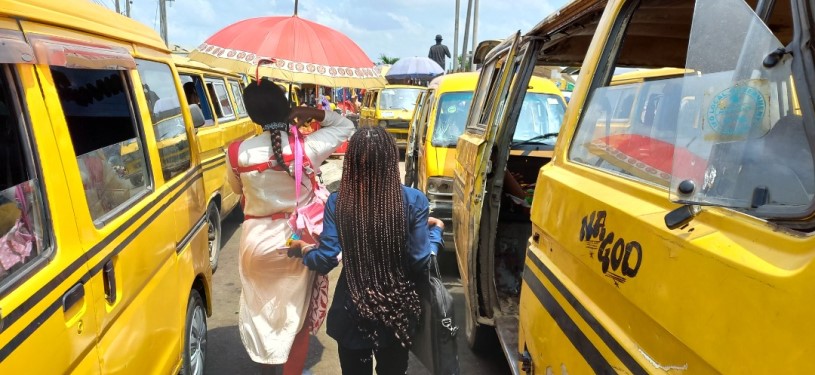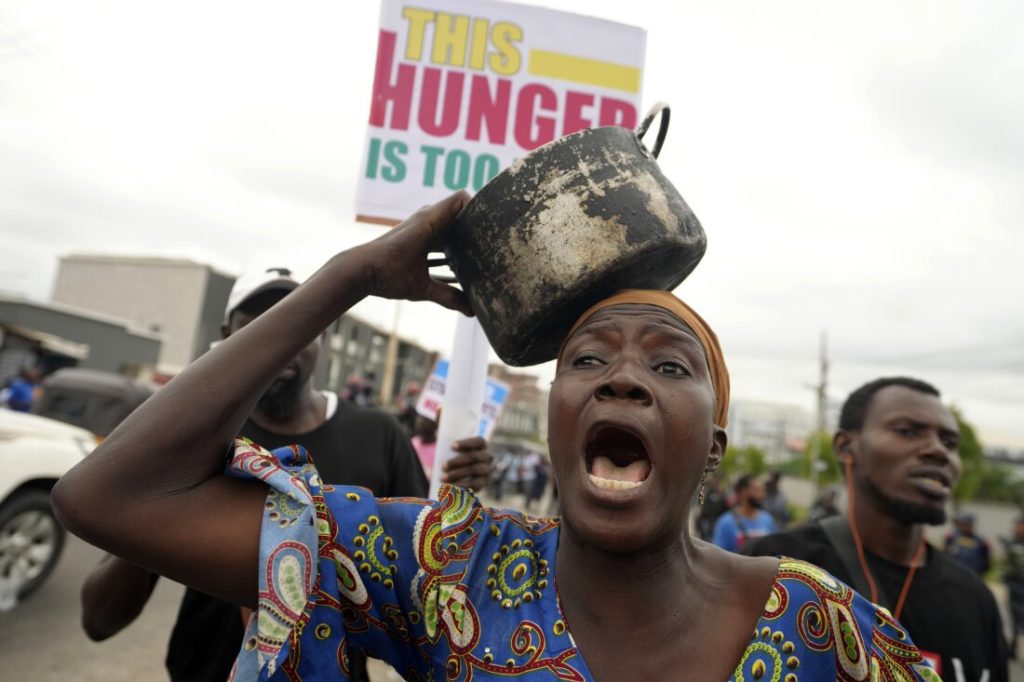Daily Petrol Consumption Plummets by 92% Under Tinubu’s Government According to Them
The Nigerian economy faces unprecedented challenges. Daily petrol consumption has crashed by an astonishing 92% since President Bola Tinubu took office on May 29, 2023. This significant decline, from 60 million litres per day to just 4.5 million litres, stems from the government’s controversial decision to eliminate fuel subsidies. This move aims to address the country’s mounting debt crisis. The repercussions of this policy shift resonate deeply within the lives of millions of Nigerians grappling with rising living costs and economic hardship.

In a bid to stabilize the economy, President Tinubu’s administration deemed the subsidy system unsustainable. They cited a staggering ₦12 trillion expenditure over the past decade. The immediate aftermath of this decision saw petrol prices soar from ₦195 per litre to approximately ₦1,300. This triggered a wave of inflation that has now reached nearly three decades high. As inflation peaked at 34.19% in June 2024 and slightly declined to 32.7% in September, the World Bank reported that over 129 million Nigerians have fallen into poverty due to soaring living costs.
With only 16 out of Nigeria’s 36 states receiving petrol allocations, distribution has become increasingly inequitable. States like Niger lead with significant allocations—21 trucks delivering 940,000 litres daily—while others like Sokoto and Ogun received minimal supplies. This disparity has exacerbated fuel scarcity in many regions. Citizens have been forced to abandon their vehicles and rely on public transportation as a more economical alternative.

Emmanuel, a retired health worker at 72 years old, shared his experience: “I parked my car at my son’s house. I use public transport now. It is not convenient, but it is what the economy demands.” His story reflects a broader trend as many Nigerians adjust their lifestyles in response to economic pressures. Car dealerships have reported a noticeable decline in demand for larger vehicles. Maji Abubakar, a dealer in Abuja, noted that sales for cars with eight-cylinder engines have virtually ceased due to prohibitive fuel costs.
The impact of the subsidy removal extends beyond individual choices; it poses significant challenges for businesses and overall economic stability. As inflation continues to rise, many small businesses struggle to cope with increased operational costs linked to fuel prices. The ripple effect is evident in various sectors, from transportation to food production, as higher costs are passed down to consumers.

Despite these challenges, President Tinubu’s administration defends its policy as a necessary step towards fiscal responsibility. However, critics argue that the government has not adequately prepared its citizens for such drastic changes. The lack of comprehensive social safety nets leaves many vulnerable individuals without support during this transition period.
The removal of fuel subsidies was intended to redirect government spending towards critical infrastructure and social services. Yet, as millions face economic uncertainty, questions arise regarding the efficacy of this approach. Citizens express frustration over the government’s handling of the situation; many feel abandoned as they struggle to make ends meet amid rising prices.

As Nigeria navigates this tumultuous economic landscape, it becomes increasingly clear that addressing fuel consumption is not merely about managing resources but also about safeguarding livelihoods. The stark reality is that while some states receive ample petrol supplies, others grapple with shortages and inflated prices.
The ongoing crisis underscores a critical need for dialogue between the government and its citizens. Transparent communication regarding economic policies and their implications could foster greater understanding and cooperation among all stakeholders involved.
In conclusion, President Tinubu’s decision to eliminate petrol subsidies has led to a dramatic drop in daily consumption and triggered widespread economic challenges across Nigeria. As citizens navigate these turbulent waters, their resilience will be tested more than ever before. The path forward must involve collaborative efforts aimed at restoring stability and ensuring that no Nigerian is left behind in this evolving economic landscape.

